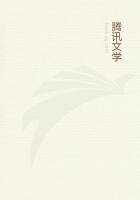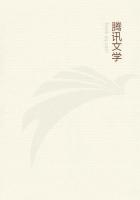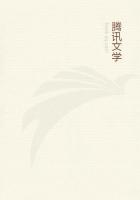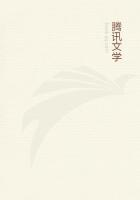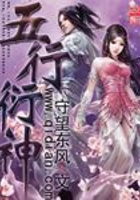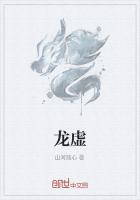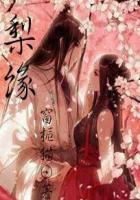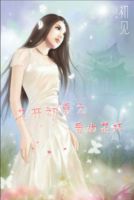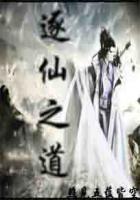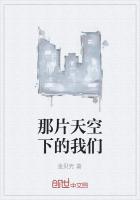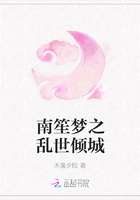11. And a bone sustains fractures, either so fine as to escape the sight, or such as are apparent, and contusions which are not apparent, and depression from its natural position, especially when one person is intentionally wounded by another, or when, whether intentionally or not, a blow or stroke is received from an elevated place, and if the instrument in the hand, whether used in throwing or striking, be of a powerful nature, and if a stronger person wound a weaker. Of those who are wounded in the parts about the bone, or in the bone itself, by a fall, he who falls from a very high place upon a very hard and blunt object is in most danger of sustaining a fracture and contusion of the bone, and of having it depressed from its natural position; whereas he that falls upon more level ground, and upon a softer object, is likely to suffer less injury in the bone, or it may not be injured at all. Of those instruments which, falling upon the head, wound the parts about the bone, or the bone itself, that which falls from a very high place, and the least on a level with the person struck, and which is at the same time very hard, very blunt, and very heavy, and which is the least light, sharp, and soft, such an instrument would occasion a fracture and contusion of the bone. And there is most danger that the bone may sustain these injuries, under such circumstances, when the wound is direct and perpendicular to the bone, whether struck from the hand or from a throw, or when any object falls upon the person, or when he is wounded by falling, or in whatever way the bone sustains a direct wound from this instrument. Those weapons which graze the bone obliquely are less apt to fracture, contuse, or depress the bone, even when the bone is denuded of flesh; for in some of those wounds thus inflicted the bone is not laid bare of the flesh. Those instruments more especially produce fractures in the bone, whether apparent or not, and contusions, and inward depression of the bone, which are rounded, globular, smooth on all sides, blunt, heavy, and hard; and such weapons bruise, compress, and pound the flesh; and the wounds inflicted by such instruments, whether obliquely or circularly, are round, and are more disposed to suppurate, and to have a discharge, and take longer time to become clean; for the flesh which has been bruised and pounded must necessarily suppurate and slough away. But weapons of an oblong form, being, for the most part, slender, sharp, and light, penetrate the flesh rather than bruise it, and the bone in like manner; and such an instrument may occasion a hedra and a cut (for a hedra and a cut are same thing); but weapons of this description do not produce contusions, nor fractures, nor depressions inwardly. And in addition the appearances in the bone, which you call detect by the sight, you should make inquiry as to all these particulars (for they are symptoms of a greater or less injury), whether the wounded person was stunned, and whether darkness was diffused over his eyes, and whether he had vertigo, and fell to the ground.
同类推荐
热门推荐
情在左路在侧
方景浩说:我喜欢你,喜欢到就算对你来说很突兀很奇怪,我也都要告诉你。因为我怕,我怕我不说,你会连我对你的喜欢都不知道。华铮桢说:你一直很努力很用心地在生活,只是你自己不知道,这样努力认真生活的你,落入别人的眼中,是多么美好的存在。古奕铭说:爱上你,就算只能错过你。但我也不会后悔。古奕馨说:我最大的幸运从来都不是人人都羡慕的能生长在的古家,而是我的生命里能有两个这样疼爱我的人。温佳圆说:我想让你远离我,可你怎么不懂?我怕给你希望越多带给你的伤害也会越大,可你怎么不懂?我明知我们最终都将会各奔东西,所以我必须把彼此的伤害都降到最低,我也不能给你希望,可你怎么还是不懂?最后曼迪说:别闹,码字更文是一件正经事儿!

